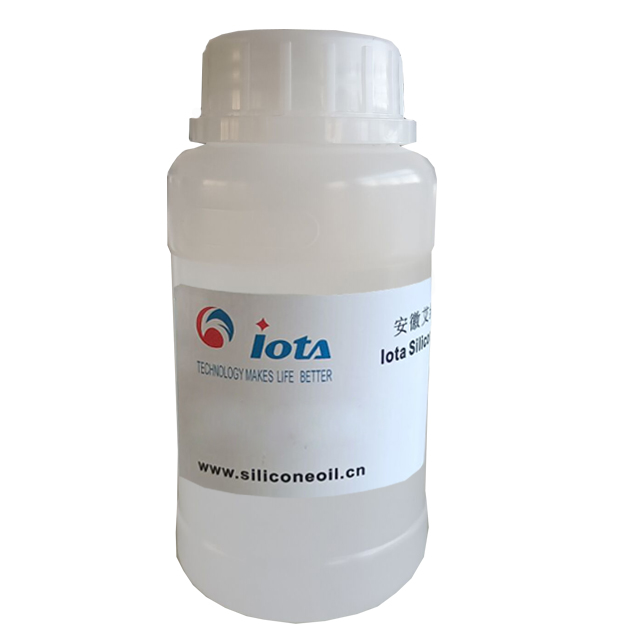Market Overview: The domestic
DMC market prices have remained stable, with an average market price of around 13400 yuan/ton, unchanged from the previous day. Individual factories continue to raise prices, and the overall quotation tends to stabilize. Downstream companies generally adopt a wait-and-see attitude, focusing on digesting previous inventory, and the atmosphere of high-level transactions is average. Raw material end: Low level oscillation operation of raw material
metal silicon. Supply side: The individual factory plans to take turns in maintenance from February to March, and currently has a firm attitude towards raising prices. Demand side: Downstream raw material inventory is high, and procurement demand is not strong.

Despite facing a challenging market environment, Eken has demonstrated strong resilience with good cost control and a solid asset base. Eken's fourth quarter revenue was 8.498 billion Norwegian kroner, an increase of 5% compared to the same period in 2023; EBITDA increased significantly by 84% year-on-year, reaching 1.161 billion Norwegian kroner. The improvement in performance is attributed to the company's implementation of efficiency and capital expenditure reduction plans, which have exceeded expected targets. Despite the continued unfavorable market environment, the EBITDA of the company's three major business segments has increased compared to the same period last year, "said Helge Aasen, CEO of Elkem." Among them, the
organic silicon business achieved its best performance since the third quarter of 2022 through operational optimization and sales growth. The silicon products and carbon solutions business also performed steadily against the backdrop of weak demand. Elkem has put an end to 2024 with excellent cost control and asset strength, laying a solid foundation for profit improvement in the future demand recovery stage. "In 2024, Elkem launched a comprehensive efficiency plan to cope with macroeconomic weakness and market challenges. The plan has achieved significant results, with an EBITDA improvement of 1.7 billion Norwegian kroner and a capital expenditure reduction of 2.2 billion Norwegian kroner, both exceeding the original targets of 1.5 billion and 2 billion Norwegian kroner. In January 2025, Elkem announced the launch of a strategic review of its organic silicon business, aimed at optimizing the group structure and reallocating capital to accelerate the growth of its silicon products and carbon solutions business. This decision is based on a comprehensive evaluation of the group's growth potential, capital allocation strategy, and the dynamics of the
organic silicon market. In December 2024, Eken signed a long-term electricity agreement with Hafslund for the period 2028-2035, with an annual contract volume of approximately 400 gigawatt hours, supplied to the NO3 electricity price zone in Norway. By now, Eken's long-term electricity contracts in Norway have covered at least 75% of electricity demand and are competitively priced, with a contract period until the end of 2029. Sustainable development is a core component of Eken's strategy. In February 2025, Eken was awarded an A-level rating for "Forest and Water Security" and a B-level rating for "Climate Change" in the CDP (Global Environmental Information Research Center) selection. The A-level rating is a recognition of Eken's environmental transparency, corporate social responsibility commitment, and full supply chain environmental practices. As of December 31, 2024, the group's equity capital reached NOK 26.02 billion, with equity accounting for 49% of total assets. The net interest bearing liability is NOK 10.327 billion, with a net liability/EBITDA ratio of 2.5 times. Cash and cash equivalents amounted to NOK 6.07 billion, with unused credit lines exceeding NOK 6 billion. Eken will continue to benefit from the 2024 efficiency plan. Despite high market uncertainty in 2025, the company will still focus on operational optimization. The silicone market is expected to remain stable, and the new production capacity in China and France will help improve performance. But the first quarter may be affected by the Spring Festival holiday and equipment maintenance. The silicon product business relies on cost and market advantages, but production will be reduced due to power supply issues in Iceland and maintenance of factories in Norway. The carbon solutions business maintains competitiveness through market position and geographical diversification, but the capacity reduction announced by customers will affect sales in the first quarter.
Epoxy polysiloxane topcoat can provide long-lasting weather protection for metal surfaces while presenting high glossiness, but the choice of hardener in its formulation is crucial. Wacker Chemie will launch its star product, SILRES, at this exhibition ® Upgraded version of HP 2000 LV silicone hardener. The "LV" (low volatility) in the new product name indicates a significant reduction in its volatile compound content, enabling the formulation of safer and easier to apply metal coatings. The product will make its debut at the European Coatings Exhibition (ECS) held in Nuremberg, Germany from March 25th to 27th, 2025.
SILRES ® The HP 2000 LV continues the excellent performance of its predecessor and can be directly used in existing formulations. This
silicone resin hardener can be used to prepare isocyanate free metal coatings, which can maintain their luster even after years of sun exposure and weathering. Combined with suitable primers, this type of coating can provide excellent corrosion protection, making it an ideal choice for ships, bridges, and industrial facilities. In addition, the use of this hardener in topcoats can create a dual coating system, which is more cost-effective compared to traditional three coating systems. In addition to high efficiency, the new silicone resin hardener also has more advantages: its content of cyclic methylsiloxane and methoxymethylsilane is less than 0.1%, which eliminates the chemical labeling restrictions of similar hardeners and broadens the application scenarios. Higher product purity also enhances occupational health and safety, providing dual protection for coating manufacturers and construction companies.
